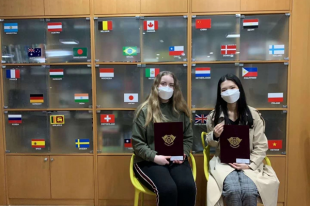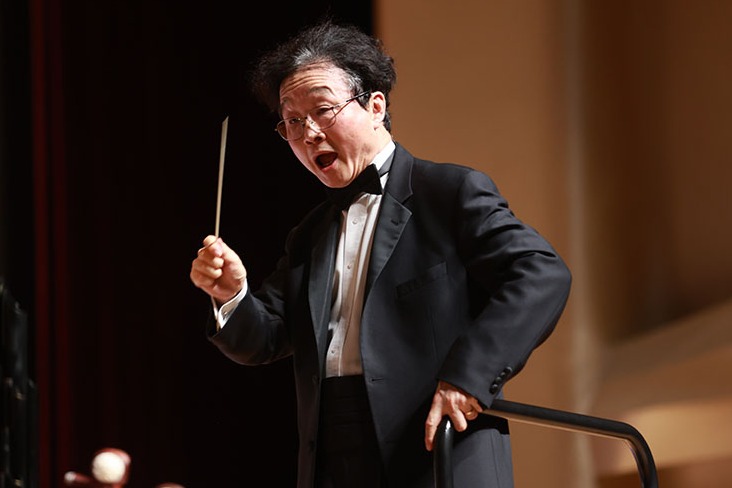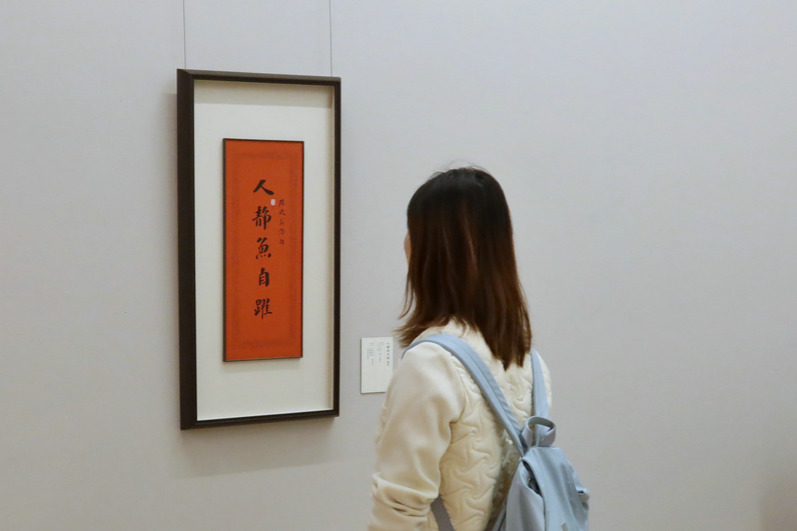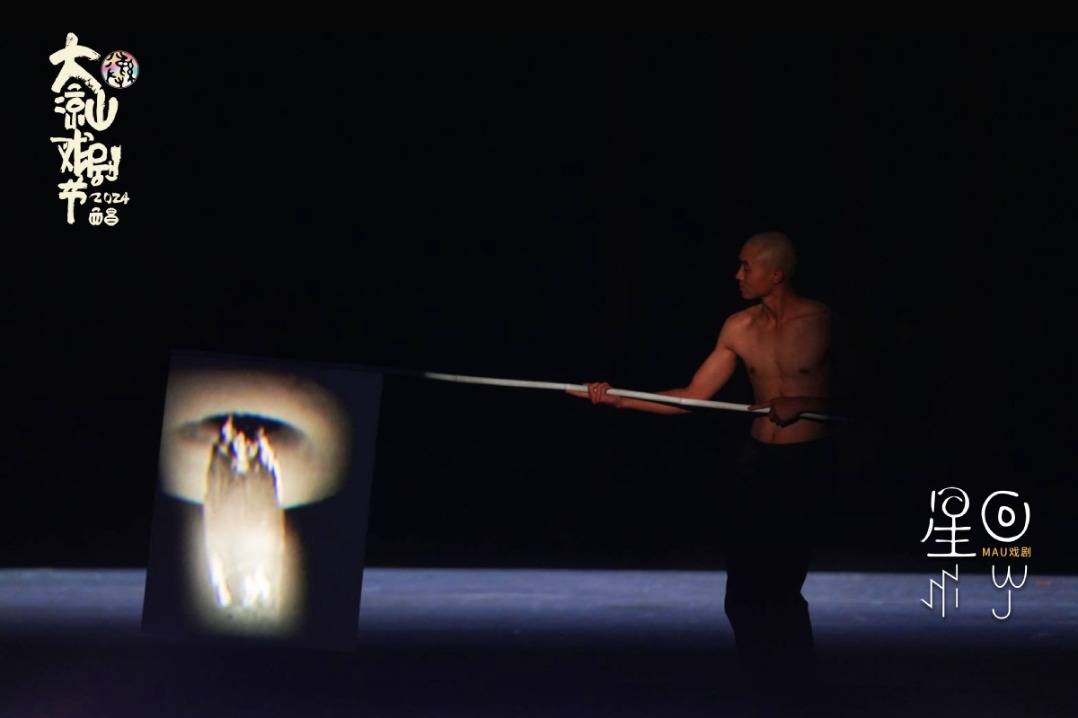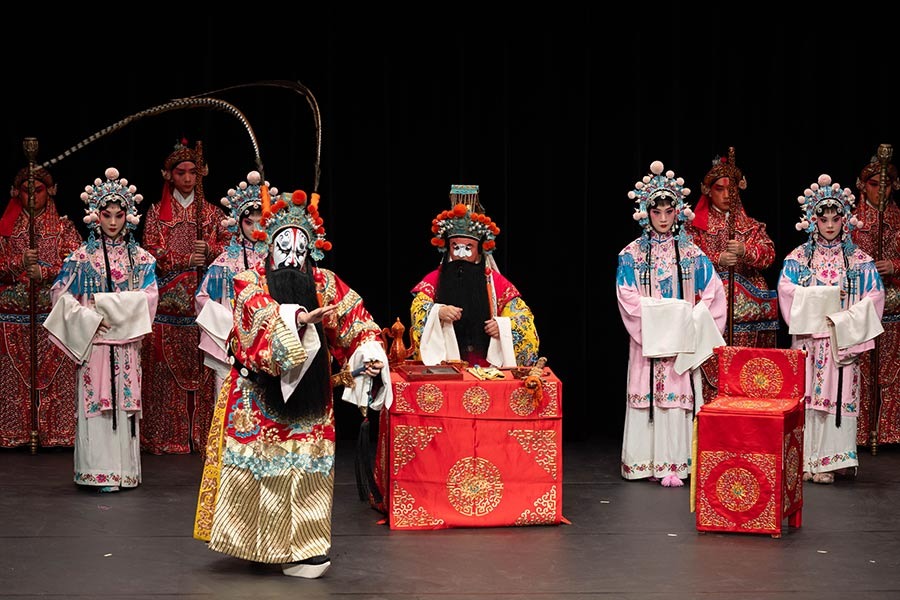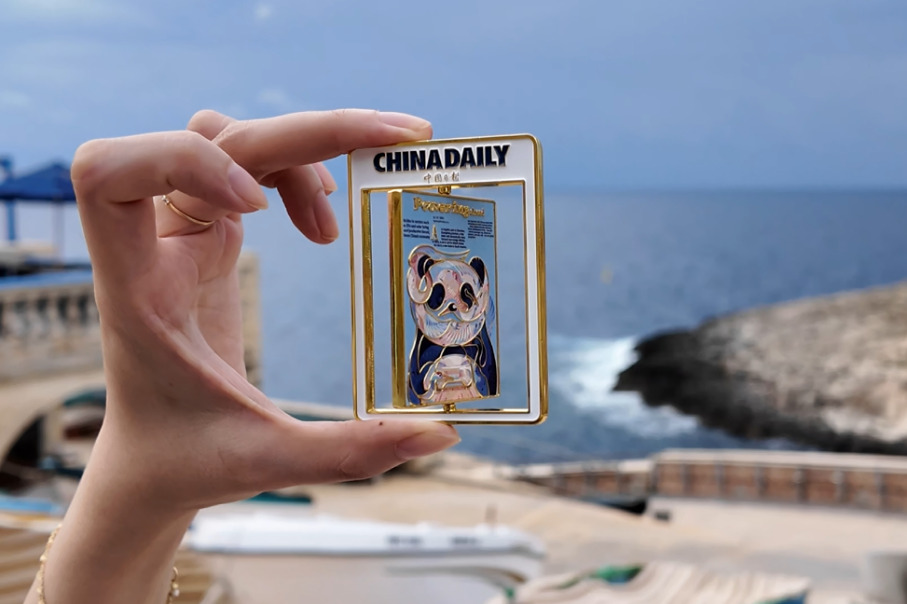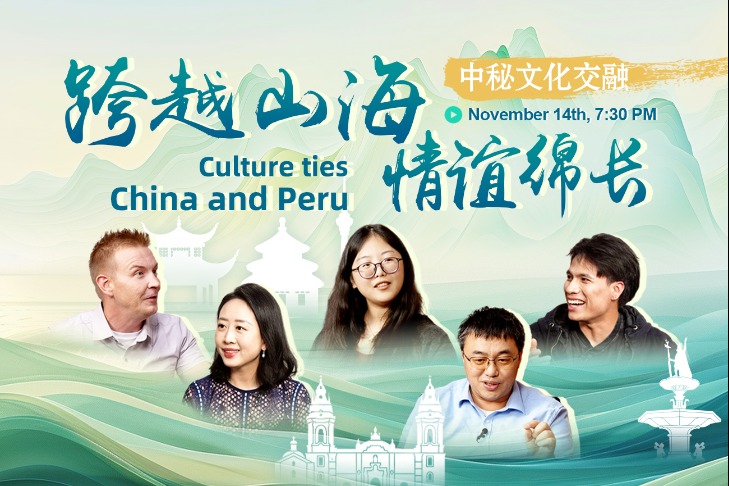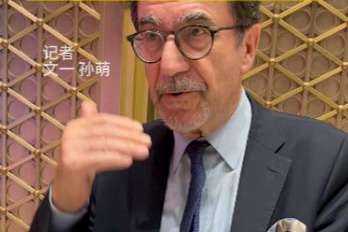Unsung heroes

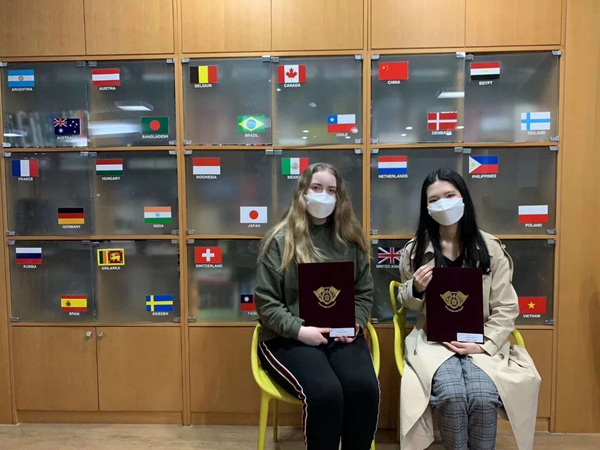
Seoul organization recognizes those who helped fight COVID-19, including international students, Li Yingxue reports.
Stressful times can bring out the hero in people. Countries may be designated by borders but the human spirit does not require a passport to be stamped to help those in other countries. In South Korea, they are about to honor and show appreciation to those whose commitment to helping people was based not on medals or commendations but just a sense of common humanity.
The Seoul Volunteer Center will make a decision this month concerning 10 groups of volunteers who contributed to helping their local society during the COVID-19 pandemic. Of the 10 groups that were nominated, there is one group that is made up entirely of foreigners. They are the Dongdaemun international volunteer group, and their members are mostly overseas students from China. Although it has yet to be decided which group is the final winner-the announcement will be made sometime next month-it's already a great honor for these volunteer groups to be considered.
Li Hao, 25, founder of this volunteer group of foreigners, is a fresh graduate of Kyung Hee University in Seoul, South Korea. He comes from Chuzhou, in Anhui province. From Feb 24 to March 20, he organized 46 volunteers to help the university track the more than 4,000 international students. The information required centered on their relevant flight numbers and home-quarantine situations, to help with the local government's pandemic prevention work.
"In early February when COVID-19 hit China hardest, it was just before the new semester started in South Korea," Li recalls. "As many Chinese students were returning to universities in South Korea, there was heavy demand for the government to track their home-quarantine situation."
Li offered Dongdaemun District Government, where Kyung Hee University is based, to organize a group of Chinese student volunteers to help track the information of all the international students through phone calls.
The government agreed to the proposal and Kyung Hee University expressed its willingness and desire to cooperate with Li's team.
According to Chung Woo-seok, dean of the university's international office, around 80 percent of its international students are from China.
"The volunteers were divided into 10 groups and took shifts to call overseas students, checking their flight information, health condition and home-quarantine situation. Because there was no language barrier between the Chinese volunteers and the students, the information could be delivered precisely with more efficiency," Chung says.


